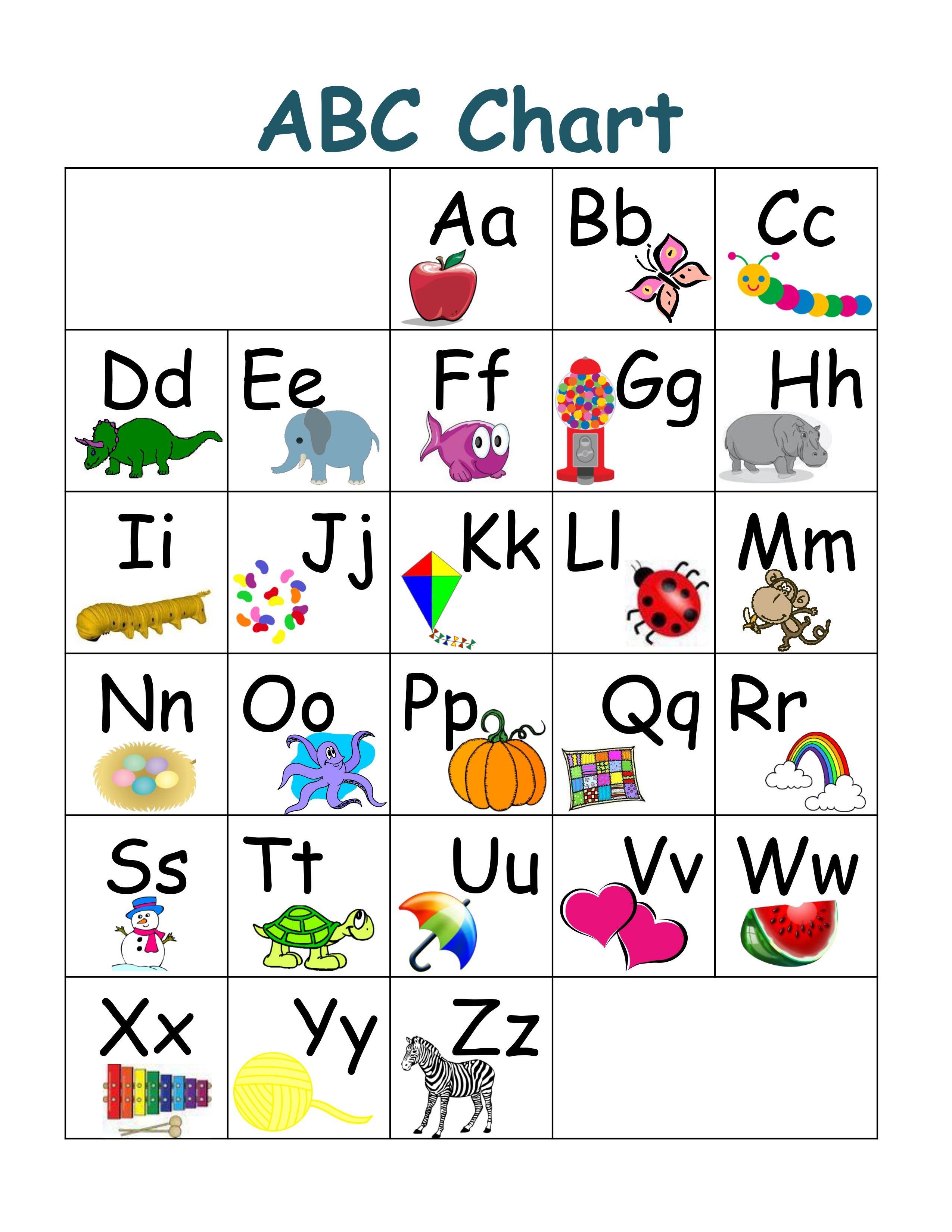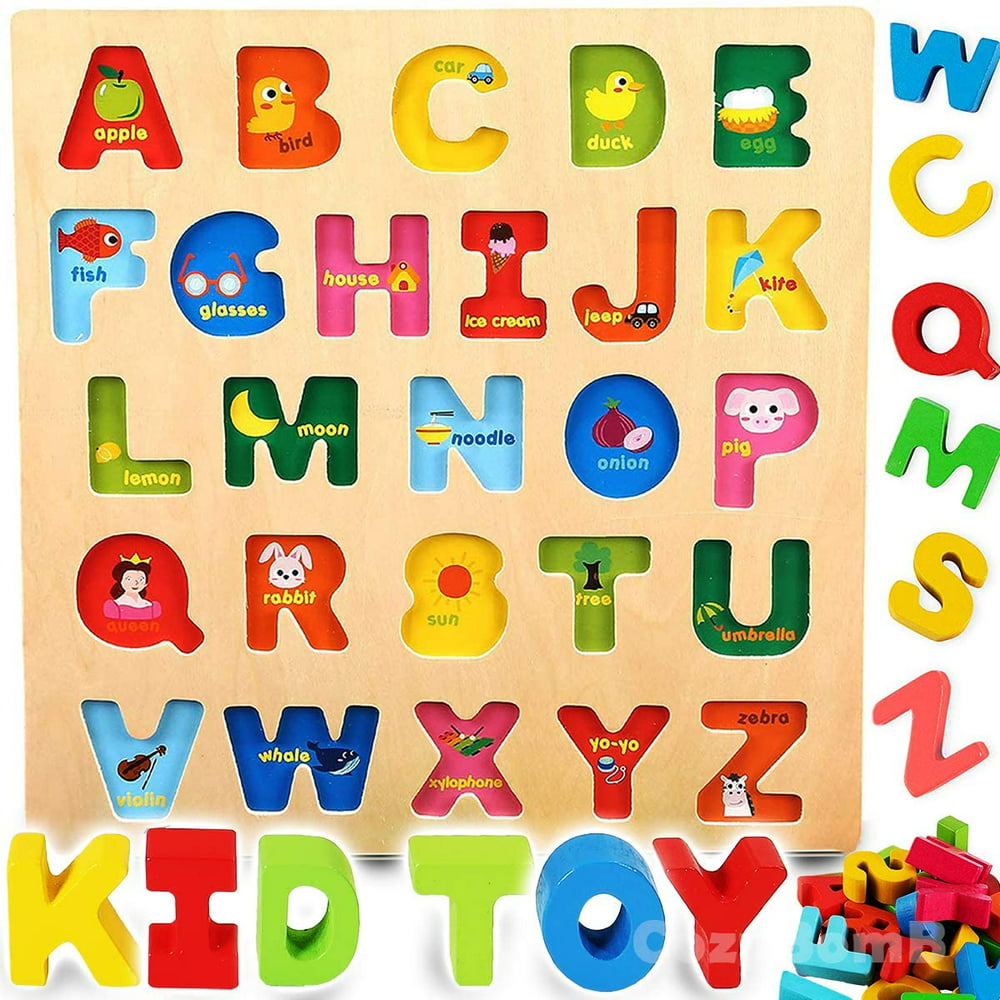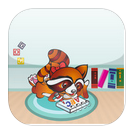Wooden alphabet abc baby puzzle for toddlers 2 3 years
Table of Contents
Table of Contents
Learning the alphabet is an essential foundational skill for children. It sets the stage for future reading and writing abilities. Alphabet learning introduces children to the building blocks of language, enabling them to recognize, distinguish, and eventually reproduce letters and their associated sounds. It is a crucial step that lays the groundwork for literacy development.
Understanding the Importance
For many children, the process of learning the alphabet can be challenging and overwhelming. It’s important to acknowledge these potential pain points and provide targeted support. By breaking down the alphabet into smaller, manageable parts and incorporating interactive and engaging activities, children can develop a positive association with letter recognition and phonetics.
The Target of Alphabet Learning for Kids
The primary goal of alphabet learning for kids is to foster a strong foundation in language development. By introducing letters and their sounds through various multi-sensory experiences, children can enhance their communication skills, vocabulary, and future reading comprehension. This target ensures children are well-prepared for continued academic success.
Article Summary
In this article, we will explore the importance of alphabet learning for kids and how it contributes to their overall language development. We will discuss strategies to overcome common challenges, share personal experiences, and provide valuable resources for parents and educators. Through a combination of engaging content and interactive activities, children can grasp the fundamentals of the alphabet in an enjoyable and effective manner.
Alphabet Learning for Kids: A Comprehensive Guide
In this section, we will delve into the intricacies of alphabet learning for kids. Firstly, let’s address the target audience - children aged 2 to 6 years. Research shows that introducing letters and their sounds during these early formative years leads to optimal learning outcomes. Personally, I have witnessed the joy and excitement children experience when they effectively recognize and reproduce letters, making language acquisition a delightful journey for both parents and educators.
 Image: Learning alphabets for kids | Phonetics for kids - YouTube
Image: Learning alphabets for kids | Phonetics for kids - YouTube
Engaging Activities for Alphabet Learning
When it comes to alphabet learning for kids, incorporating interactive activities is crucial. One effective technique is using colorful flashcards with vivid illustrations representing each letter. This visual aid helps children associate the letter and its sound with a corresponding image, promoting better retention.
 Image: Free Printable For Kids (Toddlers/Preschoolers) Flash Cards/Charts
Image: Free Printable For Kids (Toddlers/Preschoolers) Flash Cards/Charts
Letter Recognition Through Play
Engaging children in alphabet-related games is another effective method. Interactive puzzles, such as the Wooden Alphabet ABC Baby Puzzle, provide hands-on learning experiences. Through play, children can enhance their letter recognition skills while enjoying themselves.
 Image: Wooden Alphabet ABC Baby Puzzle for Toddlers 2-3 Years - Alphabets Name
Image: Wooden Alphabet ABC Baby Puzzle for Toddlers 2-3 Years - Alphabets Name
Cultivating Literacy Skills
Throughout the alphabet learning process, it is essential to foster a love for reading. By incorporating storytelling and creating a print-rich environment, children can associate letters with meaningful words and texts. This approach deepens their understanding of the alphabet’s purpose and aids in reading fluency later on.
Question and Answer about Alphabet Learning for Kids
Q: What are some engaging activities to teach the alphabet?
A: Engaging activities include using colorful flashcards, interactive puzzles, and incorporating storytelling.
Q: How can parents support their children’s alphabet learning journey?
A: Parents can provide a print-rich environment, engage in interactive activities, and read aloud to their children regularly.
Q: At what age should children start learning the alphabet?
A: It is recommended to introduce letters and their sounds to children between the ages of 2 and 6 for optimal learning outcomes.
Q: How does alphabet learning contribute to overall language development?
A: Alphabet learning enhances communication skills, vocabulary, and future reading comprehension, laying the foundation for academic success.
Conclusion
In conclusion, alphabet learning for kids is a crucial step in their language development journey. By engaging children through interactive activities, breaking down learning into manageable parts, and fostering a love for reading, we can ensure they develop a strong foundation in language skills. With the right support and resources, each child can embark on a successful alphabet learning adventure, unlocking a world of communication and literacy.
Gallery
Learning Alphabets For Kids | Phonetics For Kids - YouTube
Photo Credit by: bing.com / kids learning alphabets video alphabet letters learn children english phonetics rainbow super videos education song shapes
Free Printable For Kids (Toddlers/preschoolers) Flash Cards/charts
Photo Credit by: bing.com / preschoolers charts
10 Best Chart Full Page Alphabet ABC Printable - Printablee.com
Photo Credit by: bing.com / chart printablee
Free Alphabet Kids Learn For Android - APK Download
Photo Credit by: bing.com / apkpure
Wooden Alphabet ABC Baby Puzzle For Toddlers 2 3 Years - Alphabets Name
Photo Credit by: bing.com / alphabets jigsaw






